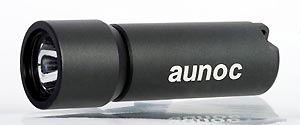- Home
- Directory
- Shop
- Underwater Cameras - Photographic Accessories
- Smartphone Housings
- Sea Scooters
- Hookah Dive Systems
- Underwater Metal Detectors
- Dive Gear
- Dive Accessories
- Diving DVD & Blu-Ray Discs
- Diving Books
- Underwater Drones
- Drones
- Subscriptions - Magazines
- Protective Cases
- Corrective Lenses
- Dive Wear
- Underwater Membership
- Assistive Technology - NDIS
- On Sale
- Underwater Gift Cards
- Underwater Art
- Power Stations
- Underwater Bargain Bin
- Brands
- 10bar
- AirBuddy
- Akona
- AOI
- Apollo
- AquaTech
- Atomic Aquatics
- aunoc
- AxisGo
- Backscatter Underwater Video and Photo
- BLU3
- Buddy-Watcher
- Cayago
- Chasing
- Cinebags
- Contour
- Deepblue
- Devilite
- Digipower
- DJI
- Dyron
- Edge Smart Drive
- Eneloop
- Energizer
- Exotech Innovations
- Fantasea
- FiiK Elektric Skateboards
- Fotocore
- Garmin
- Geneinno
- GoPro
- Hagul
- Hoverstar
- Hydro Sapiens
- Hydrotac
- Ikelite
- Indigo Industries
- Inon
- Insta360
- Intova
- Isotta Housings
- Jobe
- JOBY
- Kraken Sports
- LEFEET
- Marelux
- Mirage Dive
- Nautica Seascooters
- Nautilus Lifeline
- NautiSmart
- Nitecore
- Nocturnal Lights
- Nokta Makro
- Ocean Guardian
- Oceanic
- Olympus
- OM System
- Orca Torch
- Overboard
- Paralenz
- PowerDive
- QYSEA
- Ratio Dive Computers
- Scubajet
- Scubalamp
- Sea & Sea
- SeaDoo Seascooter
- SeaLife
- Seashell
- Seavu
- Shark Shield
- Sherwood Scuba
- Spare Air
- StickTite
- StormCase
- Sublue
- Suunto
- SwellPro
- T-HOUSING
- Tusa
- U.N Photographics
- Venture Heat
- XTAR
- Yamaha Seascooter
- Youcan Robot
- Zcifi
EU shark finning ban found to be ineffective
LONDON (Reuters) - The European Union's shark finning regulations are hopelessly inadequate, allowing vast numbers of sharks to be killed, finned and dumped at sea in secret, a report by a conservation group said on Thursday.
The Shark Alliance, a coalition of 30 non-government organizations dedicated to protecting sharks, said the lax EU regulations were wiping out shark populations and had to be completely overhauled as soon as possible.
The bloc brought in a ban on simple finning -- cutting the high value fins off the shark and dumping the low value carcass at sea -- in 2003.
But its fin to carcass weight ratio monitoring system that is supposed to match the fins to the number of carcasses on board is double that used by other nations and allows shark fishermen to continue dumping large numbers of finned carcasses at sea.
"The shark finning ban is one of the only measures the EU has to safeguard its declining shark populations, and yet this key regulation is deeply flawed," said Shark Alliance director Uta Bellion.
The report, following a meeting of experts last year, concluded that the EU had to ban finning at sea and insist that all sharks be landed intact instead.
The IUCN -- the World Conservation Union - concluded last year that 20 percent of the world's 547 shark and ray species were faced with extinction due to over-fishing.
China is the world's biggest consumer of shark fins where they command top prices to be made into shark fin soup.
The EU is the largest supplier of shark fins to China, with Spain the leading exporter.
"Shark fisheries have boomed in recent decades as international demand has risen for shark products," added Sarah Fowler, Co-Chair for the IUCN Shark Specialist Group and one of the lead authors of the report.
"Shark fins, exported to Asia for shark fin soup, are now among the most expensive seafood products in the world, fetching up to 500 euros ($676) per kilogram. The effects of this demand on shark populations have been ignored for much too long."
Full story at reuters
http://www.reuters.com/article/environmentNews/idUSL1711506120070517
![]() Contributed by Tim Hochgrebe added 2007-05-19
Contributed by Tim Hochgrebe added 2007-05-19
![]() Login or become a member to join in with this discussion.
Login or become a member to join in with this discussion.

 AquaTech Australia
AquaTech Australia
Since 1998 AquaTech has been at the forefront of the design and manufacture of professional photographic accessories.
Shopfront
-
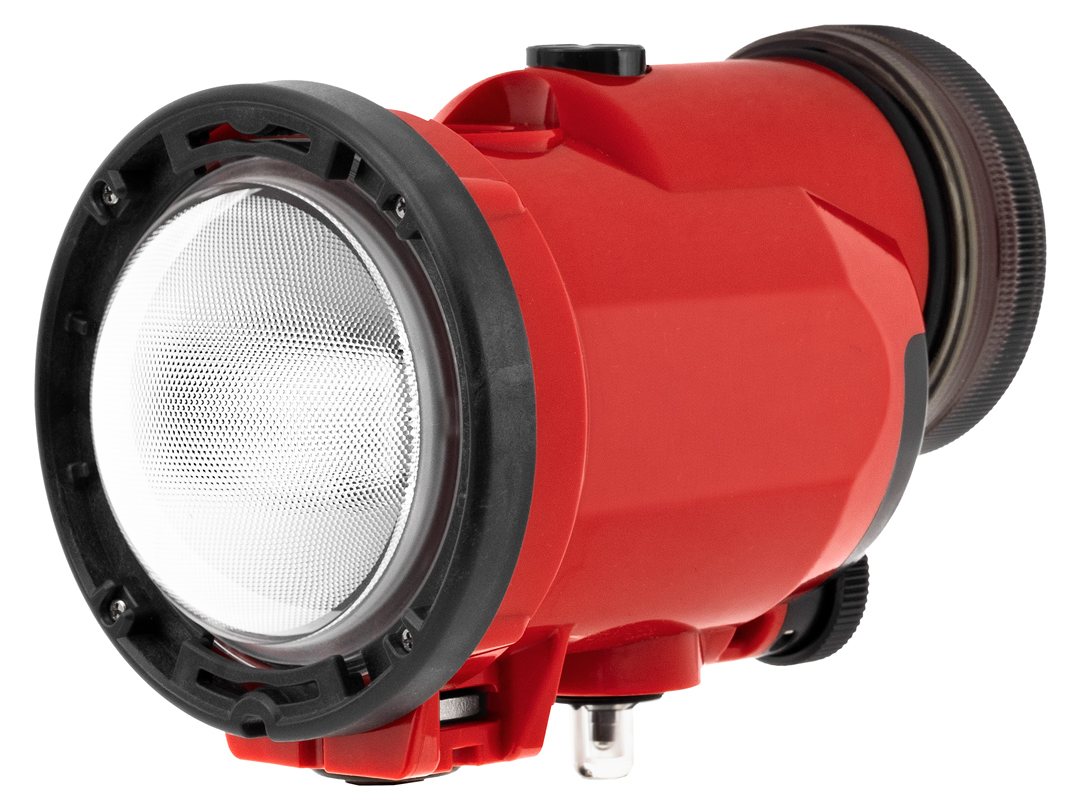 Inon S-220 Underwater Strobe
Inon S-220 Underwater Strobe
- Price A$ 749.00
-
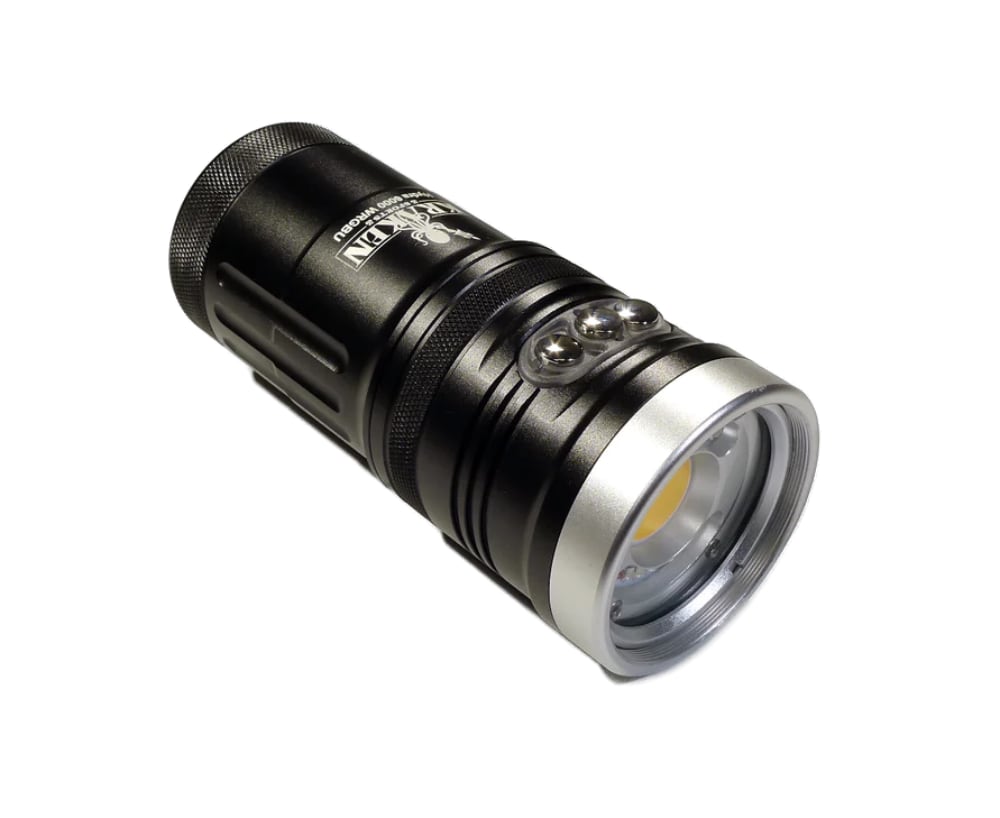 Kraken Hydra 6000 WRGBU
Kraken Hydra 6000 WRGBU
- Price A$ 949.00
-
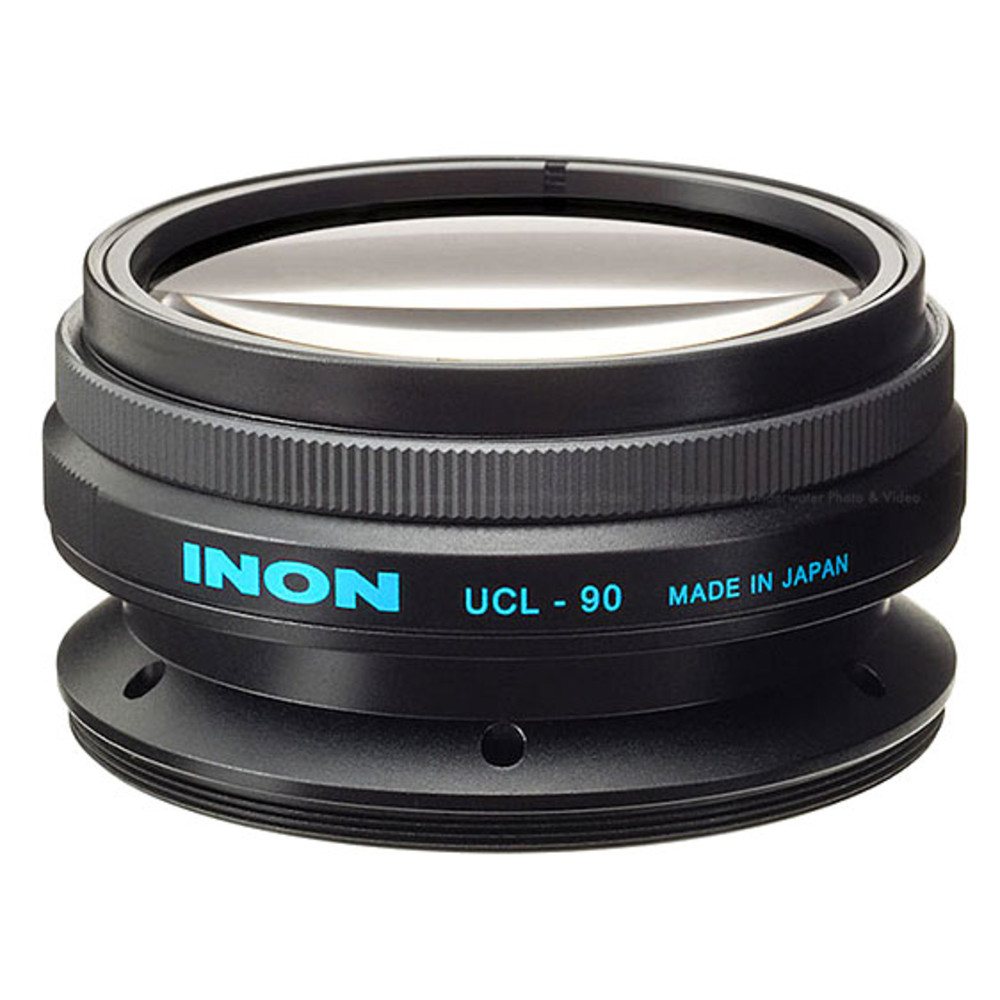 Inon UCL-90 M67 Underwater Close-up Macro Lens +11
Inon UCL-90 M67 Underwater Close-up Macro Lens +11
- Price A$ 499.00
-
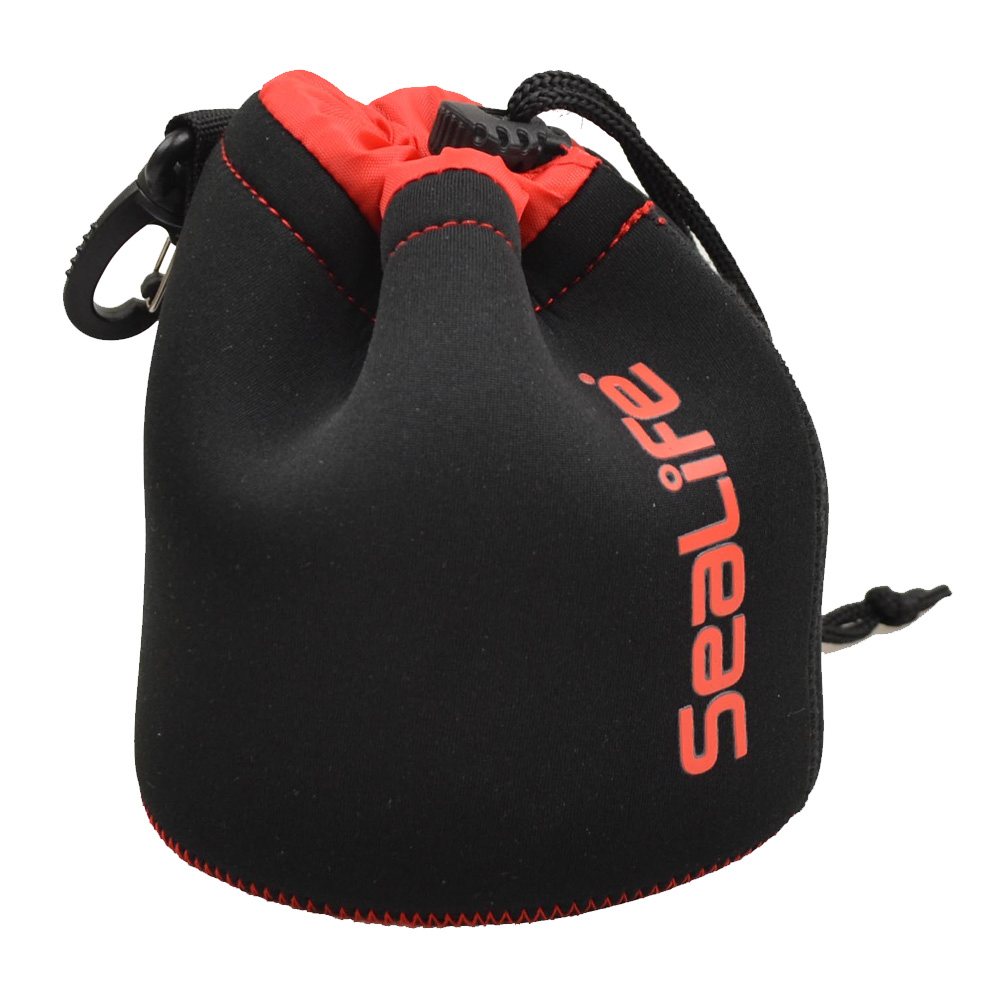 SeaLife Protective Gear Pouch
SeaLife Protective Gear Pouch
- Price A$ 34.95
-
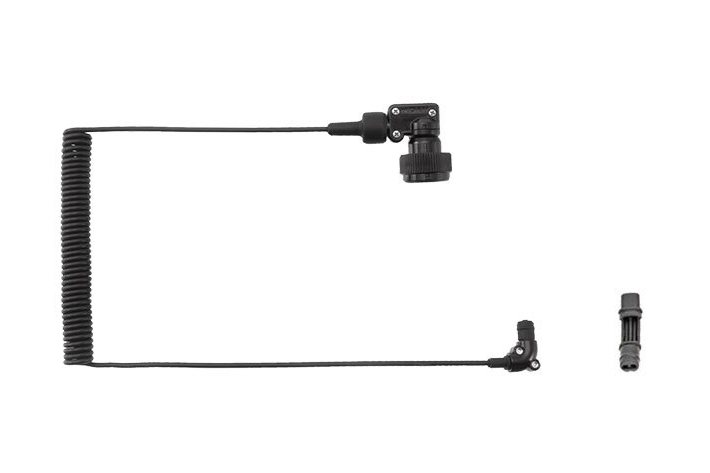 Inon Optical D Cable Type L Rubber Bush Set 2
Inon Optical D Cable Type L Rubber Bush Set 2
- Price A$ 139.00
-
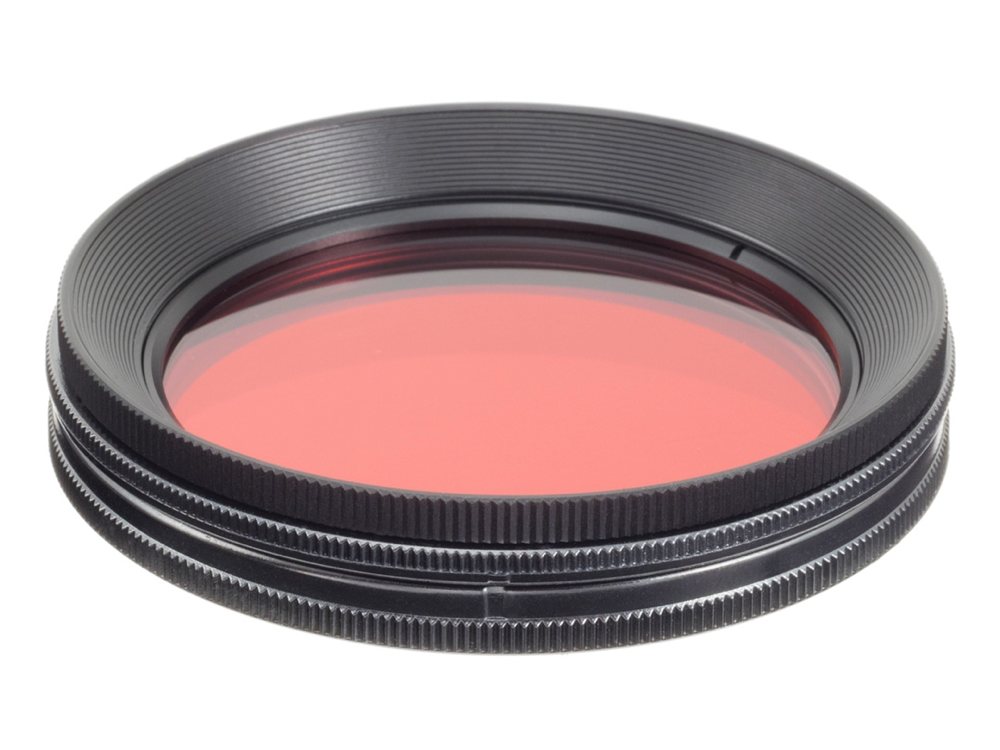 Inon UW Variable Red Filter M67
Inon UW Variable Red Filter M67
- Price A$ 239.95
-
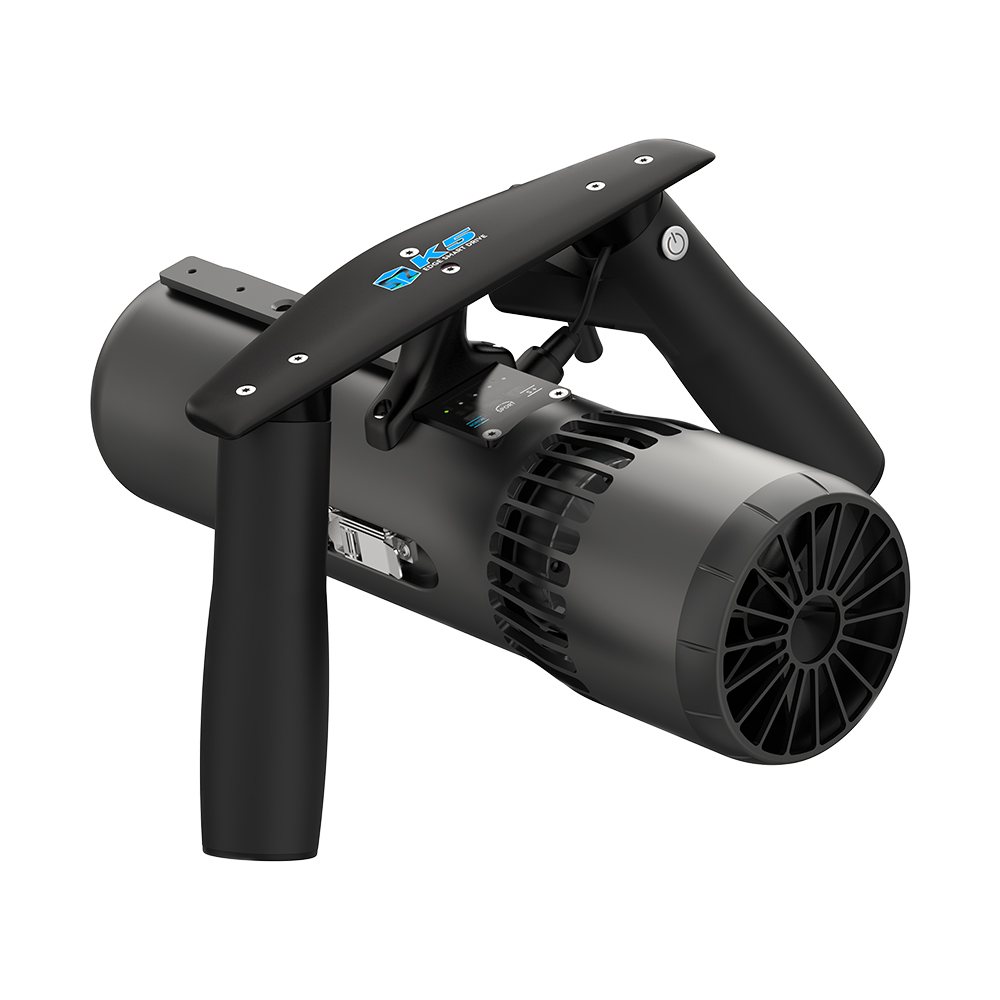 K5 Underwater Scooter
K5 Underwater Scooter
- Price A$ 999.00
Articles
-
 Hotsuit heated kidney belt - First impressions
Hotsuit heated kidney belt - First impressions
by Simon
- The Hotsuit kidney belts come with a neoprene belt that goes around the abdomen and separate chemical heat packs that slides into the belt and sits in the small of the back. They generate heat through a chemical reaction that is started by pressing a small button in the middle of the pack.



 OM Systems CSCH-128 Silicone Jacket for TG-7 Waterproof Tough Camera
OM Systems CSCH-128 Silicone Jacket for TG-7 Waterproof Tough Camera



